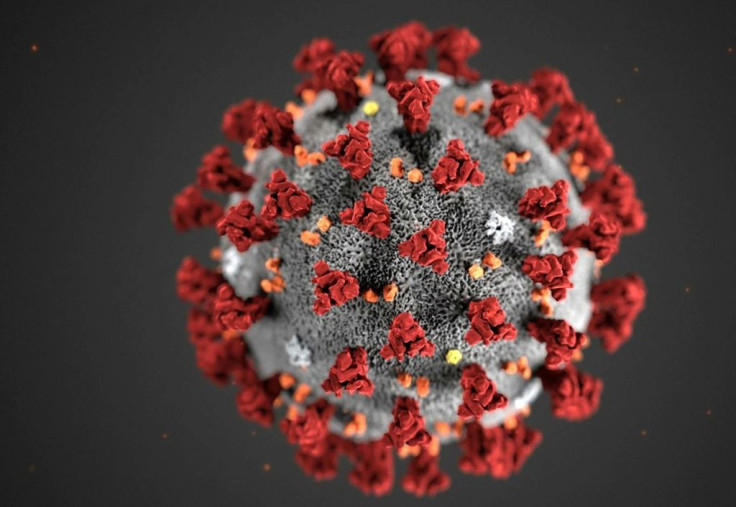Coronavirus In Spain: Genome 'Constantly Mutating,' New Study Reveals

KEY POINTS
- The coronavirus genome has mutated into a “distinguishable” form from the original
- A virus mutating is normal, but it also gives the virus more opportunities to infect hosts
- Study is crucial in developing a vaccine against the virus
The University of Valencia in Spain, along with the regional Foundation for Health and Biomedical Investigation, has completed studies concluding that the coronavirus genome that infected the first victims has mutated into a “distinguishable” form from the original.
Spain is currently in fourth place on the global list of infected countries with close to 15,000 cases confirmed and 638 deaths from COVID -19, the disease caused by the coronavirus. The virus spread from Wuhan, China, to all parts of the world as a global pandemic over the past few months.
The importance of the study is that it may help scientists to produce an effective vaccine against the virus.
Fernando González, professor of Genetics at the University of Valencia, told Spanish news outlet El Confidencial, "The genome of the virus is constantly mutating, and it is precisely this that allows us to follow its trajectory across different countries and transmission chains. The patients in isolation in Valencia have displayed various mutations of the original virus sequenced in Wuhan. But that is normal: almost all of the viruses sequenced to date have presented some differences to the first. The most in one case, isolated in Brazil, has 16 mutations."
The topic of mutation is complicated. The most well-known types of mutations are those of a heredity sort that lead to certain medical conditions like hemophilia and sickle cell anemia in humans. The other well-known type is a mutation caused by an external cause such as radiation or a carcinogenic substance like asbestos or benzene.
A hereditary mutation is first caused when a copy of a DNA molecule differs in some way from its parent DNA molecule. This difference can be beneficial in that if the differing physical characteristics caused by the mutation favor the organism’s abilities over a non-mutated organism, it has a greater chance of survival. If the genetic difference is unfavorable then the organism will die out and not pass the anomaly on. This was the basis of Charles Darwin’s work “On the Origin of Species” published in 1859.
Humans and other mammals are extremely slow self-replicators and thus the human mutation process is extremely slow. Early pioneers in the field of genetic mutations had to use fast-breeding plants and later insects for their studies, Gregor Mendel, the father of modern genetics, used the pea plant in the mid-1800s. Another scientist Thomas Hunt Morgan became known as the Fruit Fly Scientist from his work in the early 20th century.
Viruses are fast breeders once they find a host and thus the mutations are numerous. They do not mutate in a willful way to infect a targeted species. Instead, they just have many more opportunities that a mutation will be one that favors a particular host that happens to pass by.
The next few weeks will be crucial as researchers use the studies conducted in Spain to try to understand the transmission chains and the capacity of the coronavirus to mutate. This helps determine whether one vaccine will be enough to combat the coronavirus or if it will “get lucky” with another mutation and continue its spread.
© Copyright IBTimes 2024. All rights reserved.




















